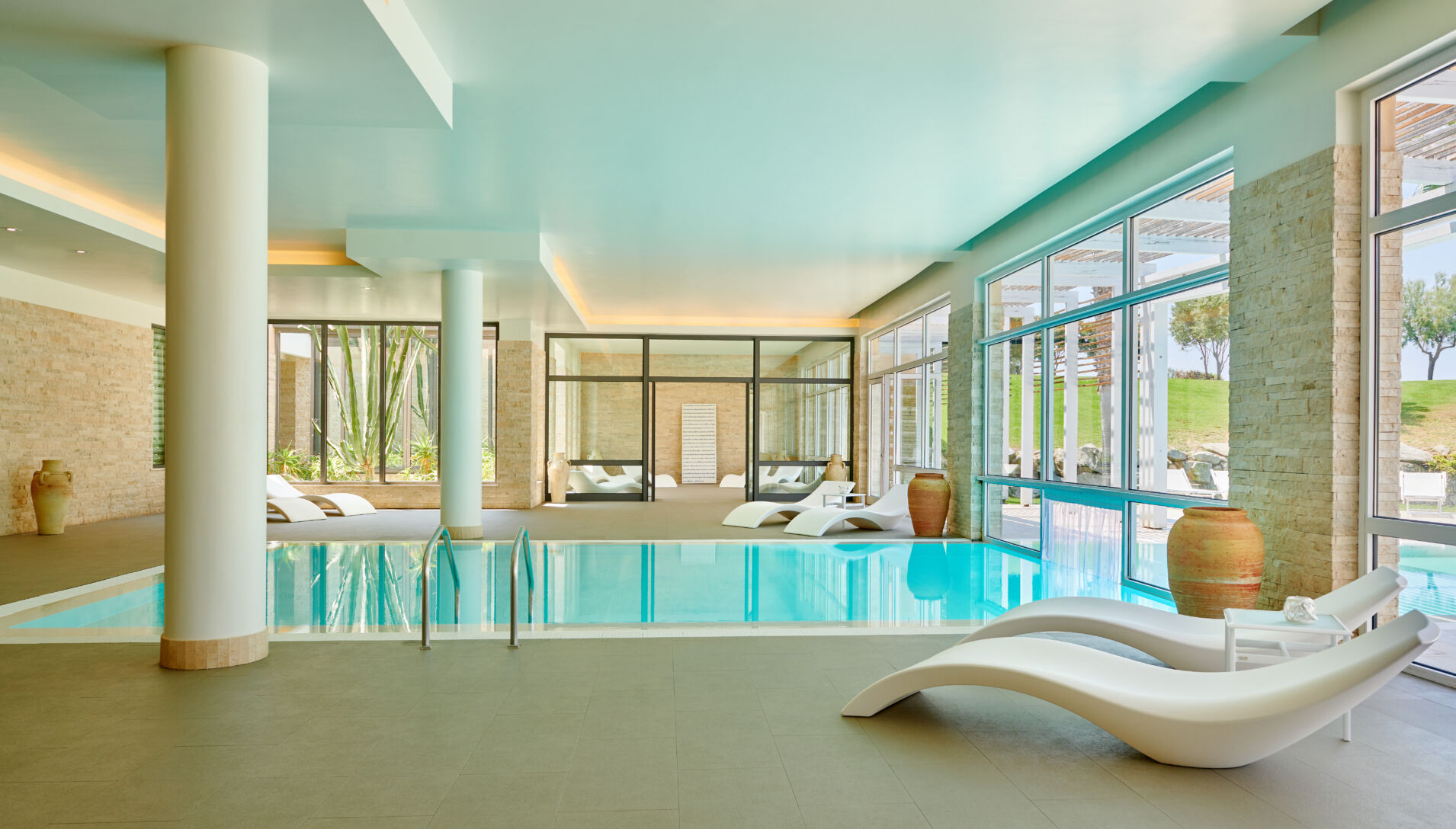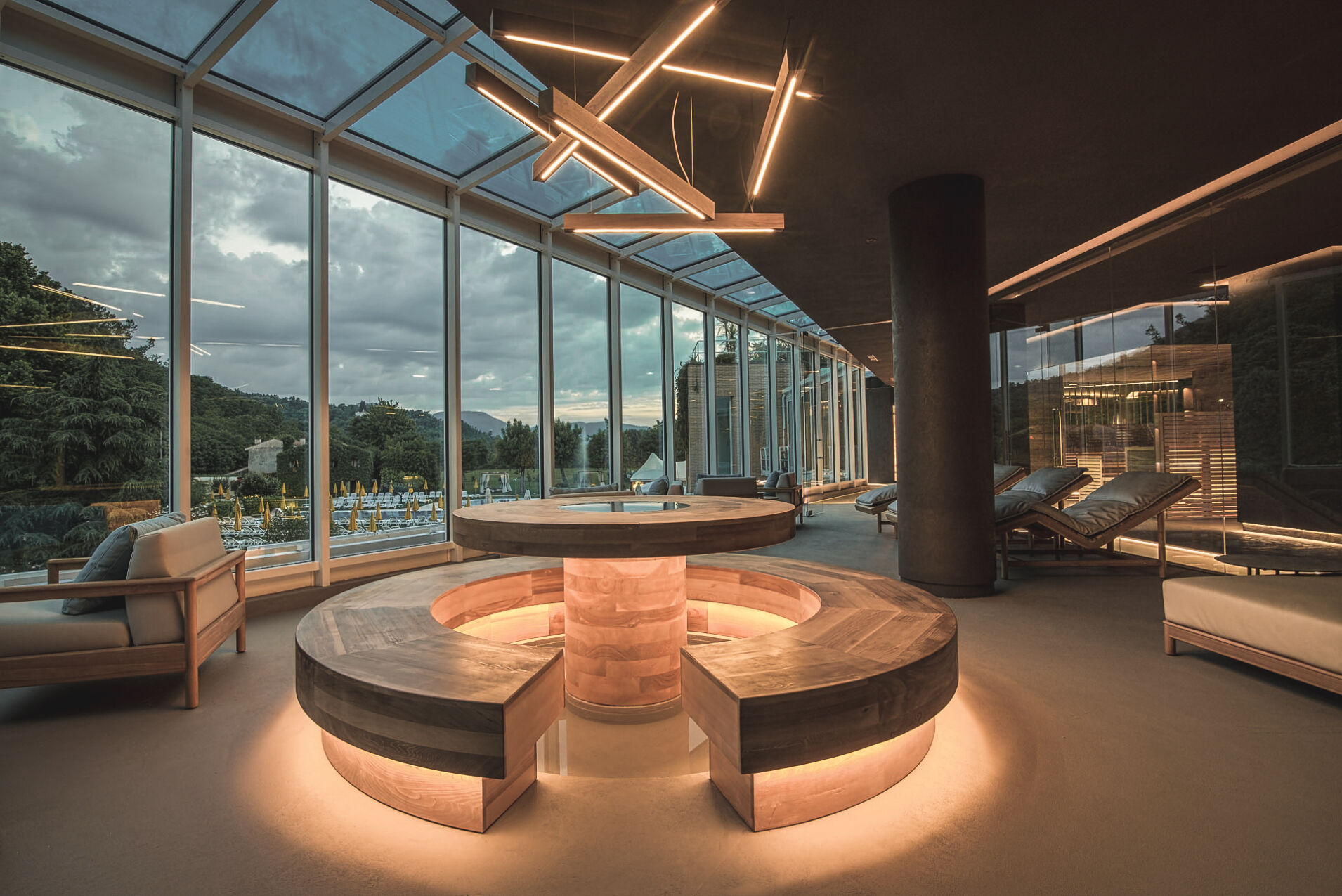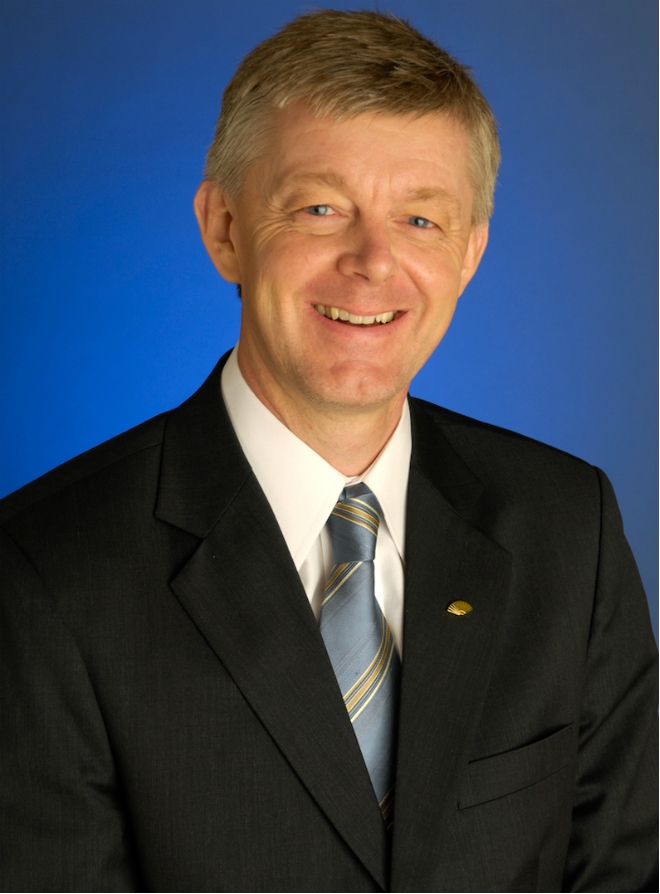
Written by Andrew Gibson
Wellness: do we really need it?
History and forecasts of the near future of a constantly evolving sector

It could be argued that the first formally recognised wellness industry started shortly after the European Industrial Revolution over 200 years ago. An industry developed to provide healthy escapes for wealthy industrialists in over polluted North European cities. They had the opportunity to escape to Southern Europe to enjoy the springs, the clean air and favourable winter climate.
Today a modern wellness industry is in the process of an evolution into an industry with structure and standards similar to the evolution of the spa industry. In 1991 the creation of ISPA allowed the development of definitions and standards that are used across the globe today and spurred the creation of national spa associations in many countries. In 2007 Global Spa Summit emerged as the go to think tank for owners, operators and suppliers to the industry and has now resulted in the Global Wellness Summit and Institute that provides credible research in anything wellness. The name shift from spa to wellness also signalled the evolution into wellness.
Wellness is a word used throughout mainstream media which brings benefits of recognition to the industry but, in the absence of accepted definitions and standards, adds confusion and caution to the public.

Just as ISPA and GWS added structure to the spa industry I can see the start of wellness associations, medical wellness groups, wellness tourism groups and numerous other bodies starting to put the structure to the wellness industry.
The major hotel corporations quickly embraced the spa industry and recognised the potential value for hotels. Corporate Spa Directors and brand identities were created to reflect the values of the hotel brand. Today, anyone connected to the spa industry can easily identify a number of leading hotel spa brands. In 2016 I was appointed Global Director of Wellbeing for Accor. A title selected to provide the opportunity to help Accor define what wellness meant to the hotel brands under the Accor umbrella. Over the last few years a number of other groups have created a wellness director position.
As the Global Director of Wellbeing, our team was able to shift the emphasis from purely the provision of services to the guest, to a more holistic approach for concepts, design, guest room features, F&B services, employee programmes and of course, services for guests. There is still a long way to go and each year there is a new programme or standard being set.

A key question is – does the structure around the wellness industry really matter to the general public? or is it a form of an entry requirement to control the players within the industry?
Just as the spa industry debated potential public confusion over the misuse of the word spa (think dog spas, spa food or dental spas) we are now facing confusion and misunderstanding on the definitions of wellness. Some companies are accused of greenwashing and others of liberal use of wellness in their marketing programmes.
My opinion is that the industry needs universally recognised definitions and standards to ensure that safety and health regulations are in place and that guidelines, qualifications, standards are required and recognised to provide identity, trust, credibility and reliability of the operators. The current overuse of the term wellness (or even the misuse) might create some confusion but the overriding result is that it creates awareness of the word and encourages investigation and exploration of the criteria of wellness. Creating awareness is the first stage of success and provides the opportunity to create motivation and desire to take part.

I am proud of the work GWS and GWI have done to promote wellness and unify the global wellness industry. I am pleased to see the shaping and formalisation of the wellness and medical wellness tourism industry. I am encouraged to see the work that Delos has done to make hotel groups understand what wellness means to guest rooms and I am happy to see formations of groups that work together to build the structure. I am motivated to support and work with forward thinking architects and planners who are finding ways to build wellness into the design.
There is more work to be done, but in 2022 we can certainly see that there is a maturing wellness industry, with recognised speciality divisions. The public are already benefiting from wellness design and services without being aware of the thought behind the design, build, service or experience. This is particularly important in a COVID era where almost every educated person on the planet recognises the need to take their own responsibility for reducing their risk of illness.

There is no overuse or misuse of the word wellness – there is a paradigm shift into the wellness world which simply means that structure is required… and this is happening.

Andrew Gibson
Andrew Gibson is a respected figure in the global Spa industry. He brings over 30 years of hospitality and spa experience to Sensei Private Equity. His experience includes Vice President of Well-Being, Luxury Brands for Accor Hotels, Raffles, Fairmont and Sofitel, where he was responsible for concept design and brand identity within the wellness field. He has also worked in senior positions for Mandarin Oriental and Six Senses and served as a consultant with numerous other luxury brands.
